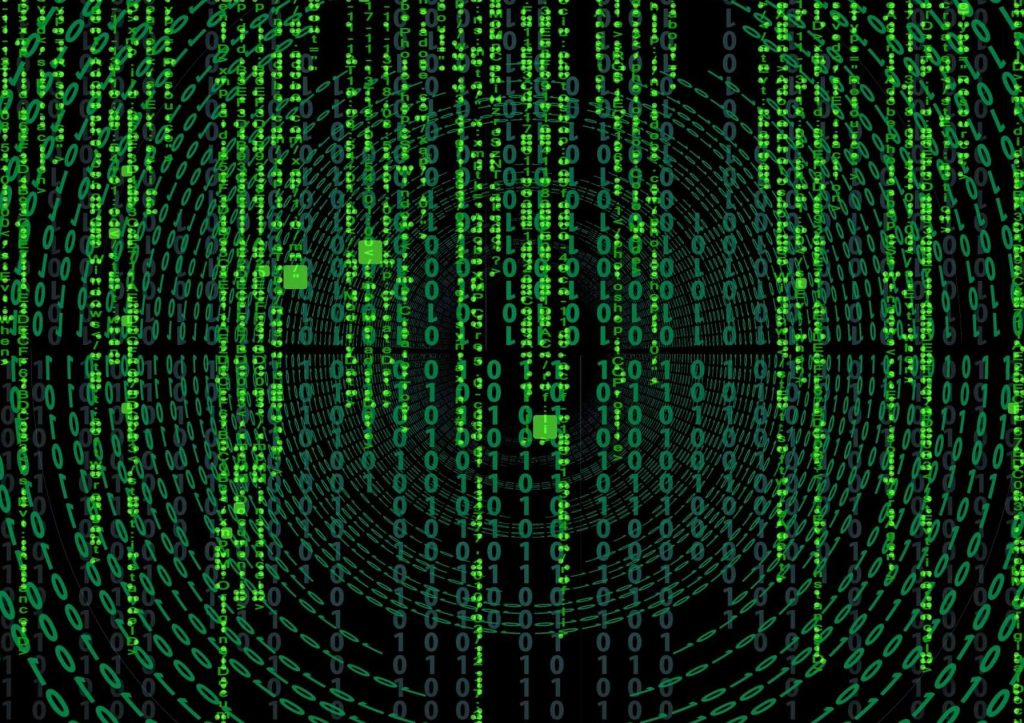The plot of alleged snooping on journalists, politicians, civil society activists, ministers and government officials with the help of the Pegasus spyware is turning murkier day by day with the government and the ruling BJP putting a spanner in debates and questioning permissibility under parliamentary rules and practices. Instead of conceding its vociferous demand for a debate in the Parliament and a court-monitored probe, the government is accusing the Opposition of disrupting the monsoon session and lamenting over loss of hours that would have allowed transaction of important legislative business. To put it bluntly, it’s a ruse intended to obfuscate the main issue, which is, making the government accountable in the Parliament for the Snoopgate.
The most tell-tale evidence of the government’s reluctance to face grilling in the Parliament is the scandalous behaviour of BJP MPs who dominate the Parliamentary Standing Committee on Information and Technology, chaired by Congress MP Shashi Tharoor. The meeting had to be postponed 28 July for lack of quorum caused by the refusal of BJP MPs to sign on the attendance register! The BJP members of the panel who were said to be present in the meeting room reportedly did not sign the attendance register in protest against the chairman’s announcement that the panel members would question officials from the Information and Technology Ministry and Home Ministry, who would be made to depose before it on the Pegasus issue. BJP members objected to this agenda on the specious plea that the Congress is not allowing discussion on this issue in the Parliament, making the discussion by the panel redundant. The 32-member Parliamentary Standing Committee on IT was to discuss ‘Citizens’ data security and privacy,’ according to a notification by the Lok Sabha Secretariat.
The panel, which has maximum members from the BJP, had summoned officials from the Ministry of Electronics, Information and Technology and the Ministry of Home Affairs. But, in a strange defiance, all the government officials skipped the meeting on one pretext or the other. This left little doubt about the government’s intention, which is to stonewall all attempts to ferret out information on whether it had used the spyware. If it turns out to be true, then it will constitute a grave assault on the country’s democratic institutions. An international media consortium has published reports that over 50,000 mobile phone numbers, including a few thousand from India, were on a list of potential targets for surveillance using Israeli firm NSO’s Pegasus spyware. Opposition leaders including Rahul Gandhi, Union ministers Prahlad Singh Patel and Ashwini Vaishnaw, businessman Anil Ambani, a former CBI chief and at least 40 journalists figure in the list of the leaked database of NSO. It is, however, yet to be established whether all the phones were hacked or not.
The government’s decision to push the matter under the carpet by dismissing it as a ‘non-issue’ and as such not worthy of discussion in the Parliament under Rule 267 is not in the interest of a healthy democracy. This rule allows debate on an issue suspending all other business of the House. Rajya Sabha Chairman M Venkaiah Naidu dismissed the Opposition’s demand and said the issue could be discussed in the normal course of time thereby disallowing discussing a matter of great public interest. Other countries affected by the alleged surveillance such as France and Hungary have already ordered probes into the matter. India, the largest democracy in the world, can’t afford to pay lip service to democracy the way the present government is doing.
In fact, the government’s charge that the Opposition is disrupting democracy smacks of hypocrisy and doublespeak. For, it was BJP leaders of the likes of Arun Jaitley and Sushma Swaraj who had in the past stoutly defended ‘disruption’ of Parliament sessions as a sign of a vibrant democracy. Jaitley as Leader of the Opposition in the Rajya Sabha January 30, 2011 famously said, “Parliament’s job is to conduct discussions. But many a time, Parliament is used to ignore issues and in such situations, obstruction of Parliament is in the favour of democracy.” He even went on to say sometimes obstruction in Parliament brings greater benefits to the country.
Again September 7, 2012 then Leader of the Opposition in the Lok Sabha Sushma Swaraj asserted, “Not allowing Parliament to function is also a form of democracy, like any other form.” She was reacting to the then Prime Minister Manmohan Singh’s statement that the BJP’s stalling of Parliament was a ‘negation’ of democracy. The Opposition was then protesting against alleged corruption in coal block allocation case under the UPA government. The same day, Jaitley too defended the disrupted session and contended it helped the country cleanse the telecom sector. He expressed hope that in future governments would be encouraged by this example to clean up the process of allocation of natural resources.
Now the very democratic system appears to be under attack due to
alleged surveillance of its own people by the government with the help of a foreign tool.
Now let us observe the interesting part. Israeli company NSO has recently announced it would block the use of its spyware by some countries to which it had sold Pegasus. This clearly implies NSO has the overall control on its spyware. In other words, all phone data collected by all governments in their snooping activities on their own citizens could and would be available to Israeli intelligence. It is known that Israel shares most of its intelligence with the US and maybe a few other countries.
